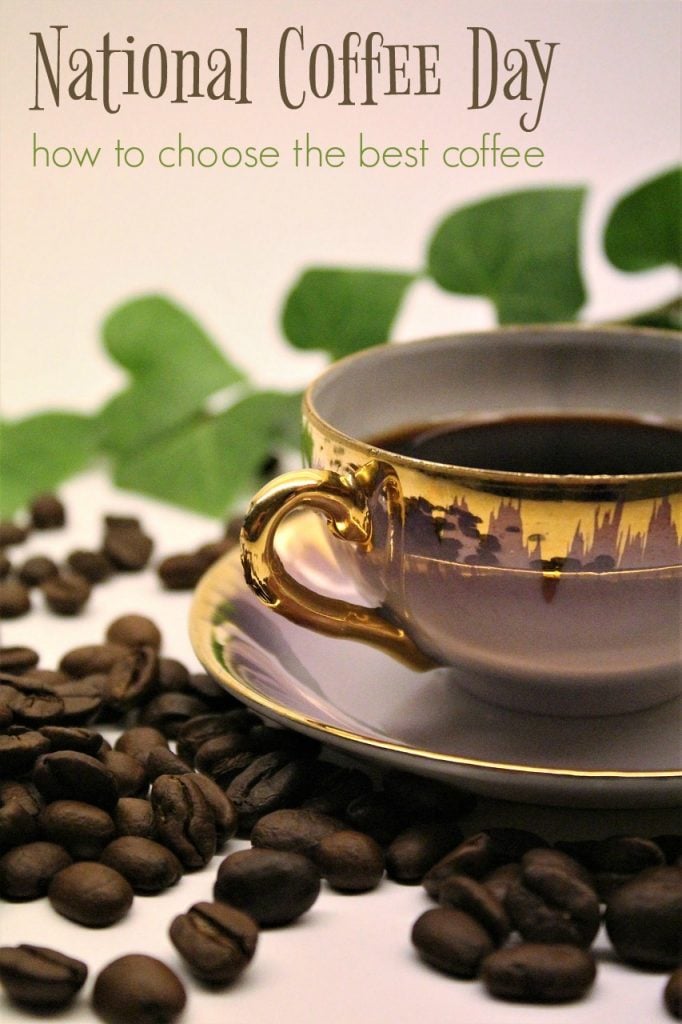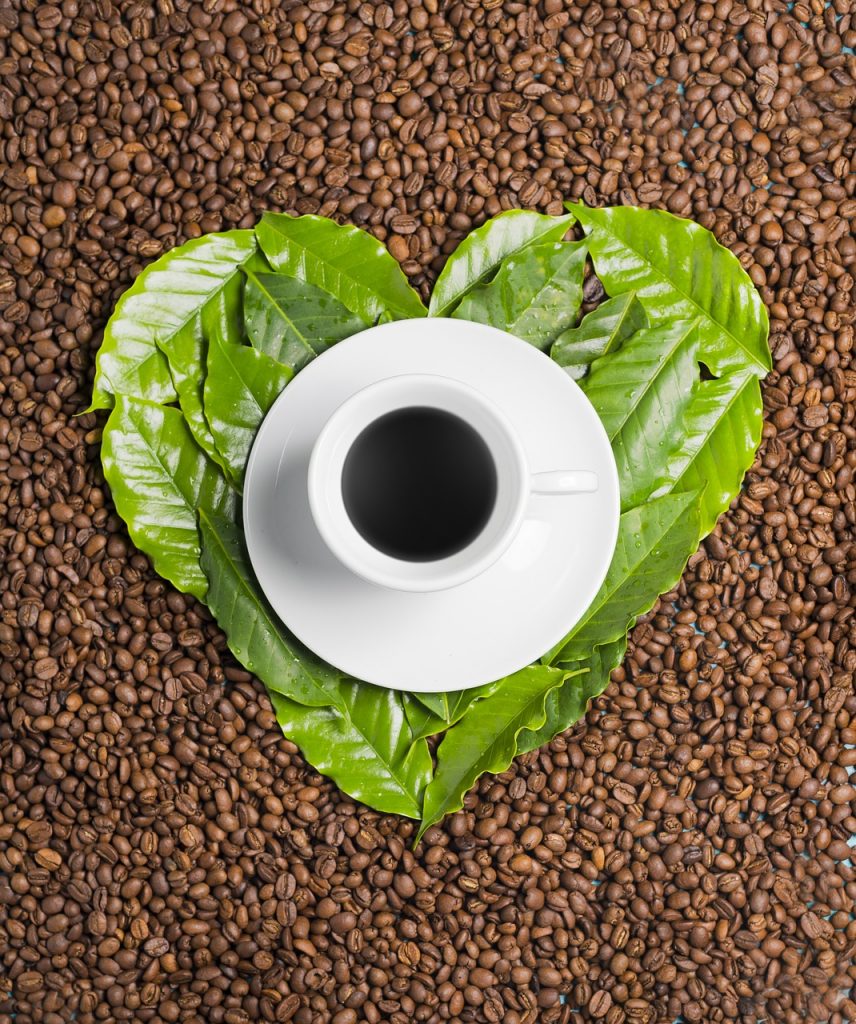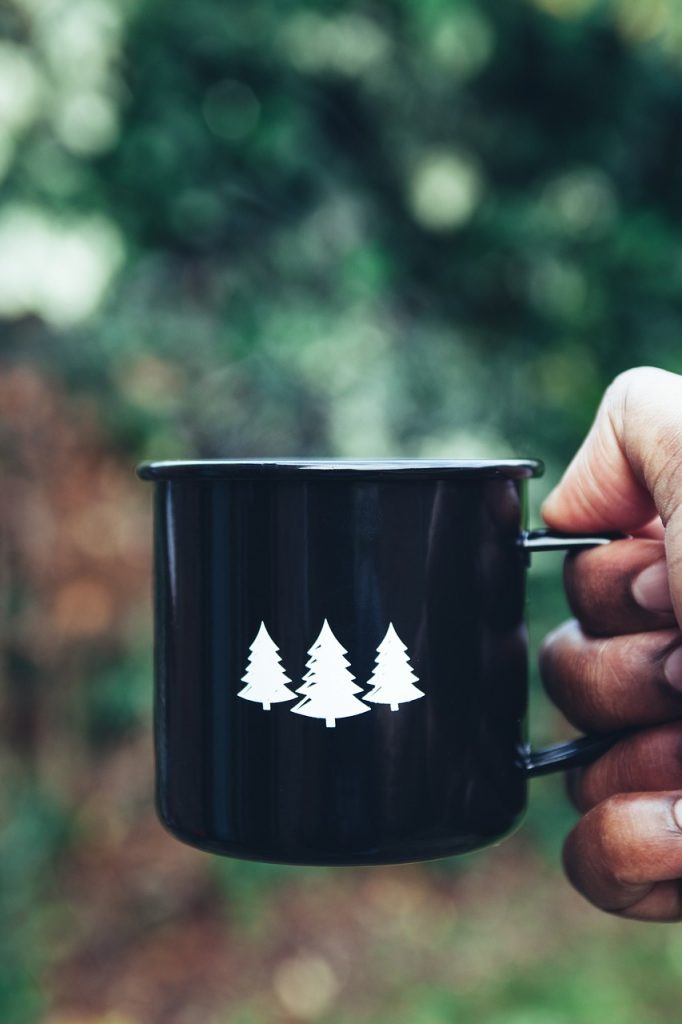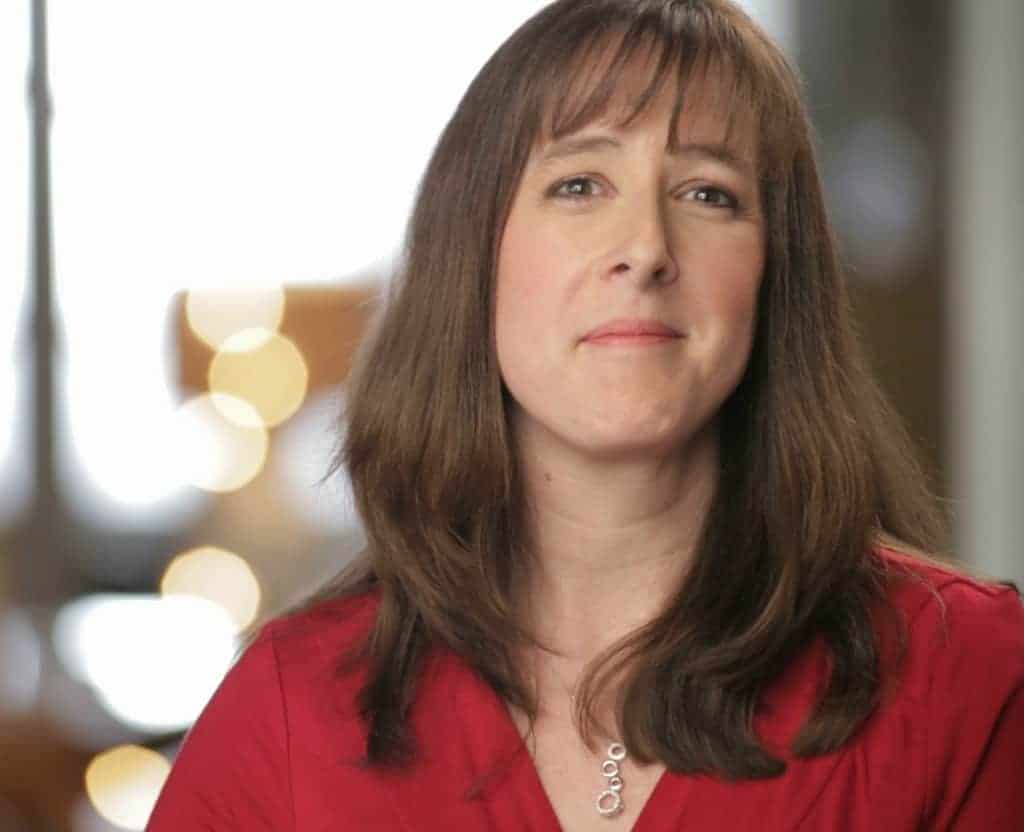National Coffee Day is September 29th. It’s a splendid holiday if I do say so myself. Where would I be without my morning cup of Joe? Probably still in bed, or at the very least I would be grumpily yelling at someone from a prone position on my couch. How much coffee do people drink worldwide? I don’t think there is a number large enough to represent that! Read on for tips on choosing the best coffee to celebrate National Coffee Day. Then, check out my Almond Joy Coffee Creamer Recipe and pour yourself a steaming mug of your favorite blend!
Posts feature partner companies & may be sponsored. Post contains affiliate links & I will be compensated if you make a purchase after clicking on links. As an Amazon Associate I earn from qualifying purchases.

Table of Contents
How to Choose Sustainable Coffee Companies
There are so many words thrown about when it comes to coffee. Words like organic, shade grown, Fair Trade Certified, Bird Friendly, sustainably harvested…what do they all mean? Here are a few of the most common things to look for. Check out The New York Times coffee glossary for more info.
Organic:
Just like it’s name suggests, organic coffee is grown without chemical pesticides, herbicides, or fertilizers. Often it is shade grown (see below) to produce a healthier plant. Major efforts are made to boost soil health, mainly through composting. More than six million acres are used to grow coffee beans today. Choose organic to protect our environment and your body from exposure to harmful chemicals.
Shade Grown:
From Science Daily: Over the last three decades, many Latin American coffee farmers have abandoned traditional shade-growing techniques, in which the plants are grown beneath a diverse canopy of trees. In an effort to increase production, much of the acreage has been converted to “sun coffee,” which involves thinning or removing the canopy.
Shade grown coffee allows the natural biodiversity of the area to thrive and requires fewer pesticides, herbicides, and fertilizers so it is better for the environment. But, since production is lower, many farmers are removing the canopy and, as a result, forcing out the wildlife.
The canopy also provides protection from wind and drought and reduce erosion and runoff. Shade grown is a healthier way to grow coffee when it comes to the native habitat. Celebrate National Coffee Day without worrying about destroying the biodiversity of the rain forest! Choose shade grown.

Fair Trade Certified:
Buy Fair Trade Certified coffee to ensuring that the farmers that picked your beans are paid a fair price for their work. From wikipedia:
Fair Trade is an organized social movement and market-based approach that aims to help producers in developing countries obtain better trading conditions and promote sustainability. The movement advocates the payment of a higher price to producers as well as social and environmental standards. It focuses in particular on exports from developing countries to developed countries, most notably handicrafts, coffee, cocoa, sugar, tea, bananas, honey, cotton, wine, fresh fruit, chocolate, and flowers.
Fair trade certification allows the people that are picking that coffee to feed their families and provides technical assistance to farmers so that they can make the switch to farming practices that benefit the environment, such as becoming organic and shade grown.

Vote with your dollar on National Coffee Day!
How did YOUR morning cup of coffee got here? Where was it grown? How was it fertilized? Was the land clear cut for planting or did your coffee grow in the shade of the rain forest canopy?
Think About This:
Coffee is farmed on about 30 million acres (12 million hectares ) worldwide, an area larger than Portugal and nearly the size of England. And most of those farms are in areas that are in drastic need of conservation.
Yes, that organic, shade grown, Fair Trade Certified coffee costs more than what you may be used to drinking. But the cost of deforestation and extinction of migratory birds from traditional ways of farming are significantly higher.
So, on National Coffee Day, VOTE WITH YOUR DOLLAR! Go to the store and splurge on that Bird Friendly coffee and enjoy your cup of coffee knowing you did your part to save the rain forest! Make sure you use a reusable coffee mug and find ways to reuse old coffee grounds to reduce your carbon footprint even more!

Diane is a professional blogger and nationally certified pharmacy technician at Good Pill Pharmacy. She earned her BS in Microbiology at the University of New Hampshire and has worked in cancer research, academics, and biotechnology. Concern over the growing incidence of human disease and the birth of her children led her to begin living a more natural life. She quickly realized that the information she was learning along the way could be beneficial to many others and started blogging and freelance writing to share this knowledge with others. Learn more about her HERE.




